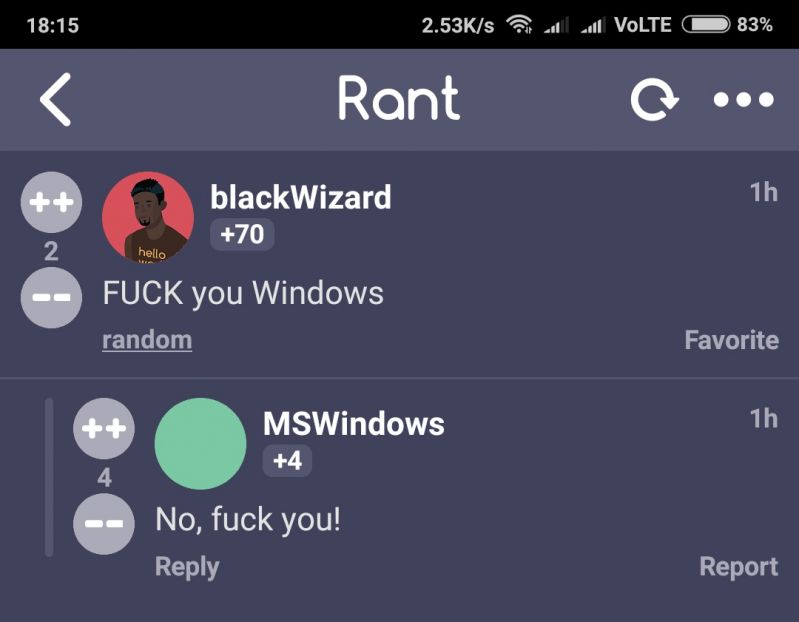Join devRant
Do all the things like
++ or -- rants, post your own rants, comment on others' rants and build your customized dev avatar
Sign Up
Pipeless API

From the creators of devRant, Pipeless lets you power real-time personalized recommendations and activity feeds using a simple API
Learn More
Related Rants

 How to vertically center in css..
How to vertically center in css.. Made my day 😂😂
Made my day 😂😂
Someone, please explain this to me like I'm 5. In the early 2000s, we had a whole big anti-trust kerfuffle over the fact that Microsoft was making its OS and its browser inseparable. Google was a plaintiff in the lawsuits, claiming Microsoft, as the dominant OS in the market, was monopolizing.
Now I see this ho-hum headline showing that Google, arguably the dominant provider (some might say a monopoly) of search and browser software, is basically admitting it did the same exact thing. Except, instead of being forced by the authoritarian state to change its business practices, it's merely doing the separation to make updates easier.
Now, I'm no fan of Microsoft (I used to be, but not anymore). And I have a love-hate relationship with Google. But, just tell me that governments don't play favorites with corporate interests and that money and quid pro quo favors are not involved here.
https://arstechnica.com/gadgets/...
rant
chrome
google
monopoly
chromeos
microsoft